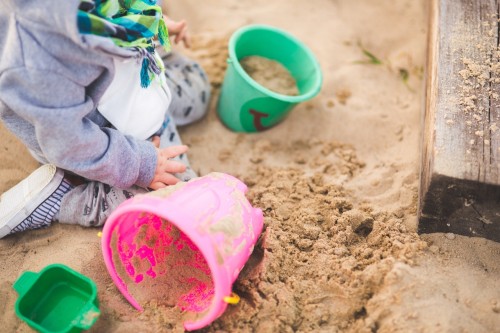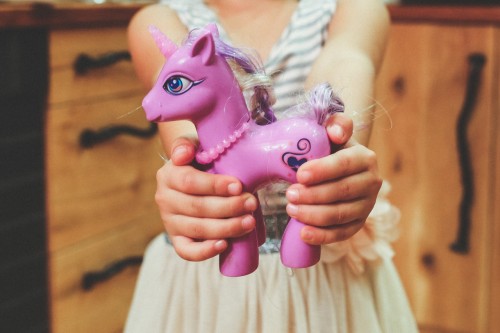Throughout childhood, kids experience growth, both physical and psychological. And, because physical growth is visible, mental growth needs to be the focus of attention. By engaging their cognitive recourses, they evolve emotionally, socially, and mentally. They will even start to develop their own character traits. No activity is more important in a child’s developmental stage than play. Through play, kids receive skills that will serve them throughout their whole life. And, by helping kids play the right way, parents will ensure their child’s mental health.

Let Them Play
Children view their entire world through play. In doing so, they engage and learn to use their cognitive recourses. They develop language and sensory skills, socio-emotional domains, and adopt logical and abstract thinking. They can even correlate multiple skillsets, like motor-sensory coordination. By engaging in play, kids will solve problems and practice new knowledge. This will protect children from health issues, like ADHD, depression, anxiety, and learning disabilities. So, to keep them on the path of healthy psychological development, let them play.
Join in the Fun
Play together with your child to encourage healthy psychological growth. Joining play time will also help you understand how they think and feel. By using a fun and familiar activity, you can connect with your kids on a deeper level. This will display your love and improve the relationship you share. You will also have a chance to monitor their development and behavior, and make adjustments with positive reinforcement if necessary. You can also steer their thinking pattern and mold their character. And, with you around, you can be sure your child has a reliable influence to look up to.
A Vote of Confidence
Use play time to boost your child’s confidence. Low self-esteem accounts for multiple kids’ anxiety disorders. By engaging in play with your children, you reflect a feeling of involvement. Right from the start, let your child choose the game. Acknowledging their choice will make them more focused and concentrated on the task. They get a sense of connection, which improves their self-worth. When a child sees common interests with a person it looks up to, it boosts their self-confidence. So, even if you play the same game for the hundredth time, always maintain your focus on them.
Keep Up the Good Play
Parents should encourage play whenever possible. When kids view something as a game, they view it as a source of fun and entertainment. Without realizing, they are actually gaining new information. The aim is to always provide them with stimulating material. When kids play the same game over and over again, they stop developing. Ask questions about the game, inspire them to make up a story, or play the game backwards. By being creative, you will spark curiosity in your child and keep them thinking. So, always create a playful atmosphere, and make room for play time.
Getting Along
Play has a more constructive effect on mental health when enjoyed in numbers. Be it siblings, playmates, or you, playing with someone else creates a positive environment. Playing with peers will help kids’ socialize. It will help them make friends and improve their communication skills. They will have a chance to share ideas and experiences, helping them work on their self-image. Playing with others can also root out behavioral or character problems, and is ample protection from loneliness and depression. With someone to play with as a child, you can be sure they will achieve future social happiness.
Play to Learn
Play can have a positive effect on education. The fact is not all children have the mental capacity to overcome every subject matter. As a parent, you must single out your child’s weakest link. To sharpen their wit, use games that they can relate to. Some math games for kids can help them understand abstract notions of calculus while language barriers can be overcome by using cross-word puzzles, storytelling, and pretend play. You can also use song as an informal learning method. Since your kids are having fun while learning, you can be sure they will overcome any setback.

Toying with Development
In combination with toys, playing games promotes healthy development. Toys are an essential part of play time, and each developmental phase has its own toy. Give your kids toys that make them think. By playing with engaging toys, kids will push their abilities to the limit. Puzzles, building blocks, and musical instruments all have that effect. They will use their endless creativity to make the most out of any situation. So, even if you give your child a box and blanket, they will use their imagination to create a world of their own. Have faith in your child’s abilities, and use the potential of toys to your advantage.
In the end, parents must realize the importance that playing holds over kids’ psychological development. Using it to your advantage will add a valuable tool in the fight for your child’s mental health. It will leave you and your child feeling good about yourselves. And, with fun and play on your side, a happy and healthy childhood is a certainty.








